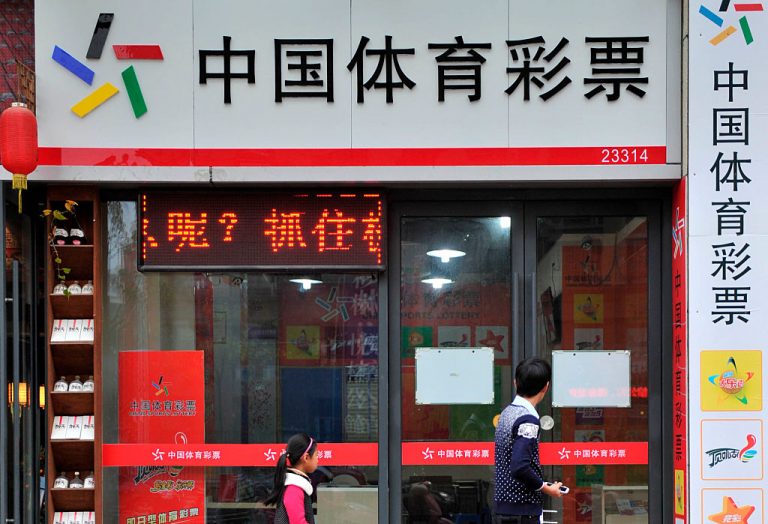Since August, lottery sales in China have plummeted as the rate of unemployment increases. The downward spiral of sales has opened a window into the worsening conditions of the mainland’s employment, as reported by Soochow Securities Co. Ltd.
Unlucky numbers
Beijing’s Ministry of Finance stated that lottery sales have fallen by almost 13 percent from last year, reaching a count of 31.2 billion Chinese yuan ($4.9 billion) in September, as reported by Bloomberg.
As stated by communist-run news outlet Xinhua, China’s lottery sales totaled 36.25 billion yuan ($5.6 billion) in July 2021, which was a 96 million yuan increase from the same time last year. However, sales have since plunged down 14 percent from then.
On October 23, 2020, a joint effort was announced by the Ministries of Finance and Civil Affairs, and the General Administration of Sport to combat lotteries from selling high-frequency, or quick-draw games. The crackdown forced AGTech, a lottery equipment supplier owned by Alibaba Company, to consider the impact made by the ban on lottery products.
The supplier’s revenue rose by 36.6 percent within 9 months until late September, in what they believe to be a rebound of China’s lottery market.
Success
You are now signed up for our newsletter
Success
Check your email to complete sign up
In the entirety of 2020, China’s lottery sales dropped 20.8 percent to 333.95 billion yuan ($51.52 billion) after a decrease in activity within Q1 as a result of recent COVID-19 outbreaks in the country.
According to Soochow Securities, the loss of lottery sales is at its worst in Beijing, Shanghai, and the provinces of Zhejiang and Guangdong – primary regions for migrant inflows. Thus, higher unemployment rates or the fact that people have moved to other places may have contributed to the failing lottery sales.
Unemployment rates
Despite claims of resurgence by multiple Chinese news outlets, lottery sales continued to take the fall, exposing the problems faced by China’s unemployment rates.
Soochow analyst Yao Pei reported on Nov. 5 that a higher unemployment rate would negatively impact lottery sales because it also promotes “worse income expectations for lower-income groups,” who are considered the primary customers for lottery tickets.
This report on falling lottery sales also conflicts with urban jobless rate recorded by official surveys, which claim that, despite the slow growth of China’s economy, it has fallen to 4.9 percent in September. A spokesperson for the National Bureau of Statistics (NBS) factored sustained economic recovery and the implementation of job-first policies to the stabilization of the job market, as written by Xinhua.
State-controlled Global Times news outlet reported on Oct. 28 that the situation regarding employment in the mainland was “better than expected” in Q3. However, they did acknowledge that there are still risks and obstacles to face.
A deputy director at the Ministry of Human Resources and Social Security (MOHRSS), Song Xin, said at a press conference, “The government will strengthen the construction of entrepreneurship incubation demonstration bases and encourage and guide entrepreneurship as a way to promote employment.”














